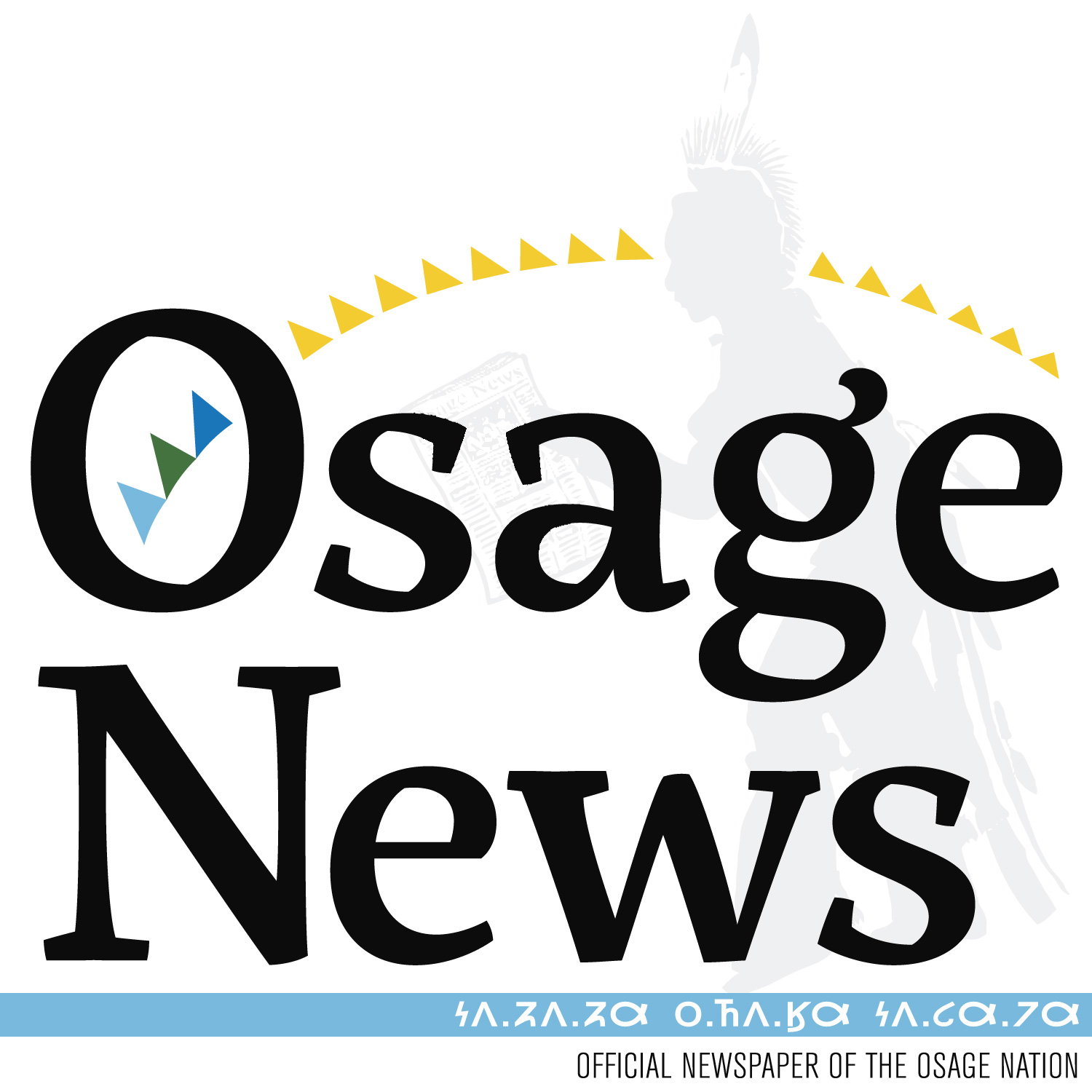Stonewalled by Osage Nation officials, Osage News contacts RCFP attorney for help accessing public records

Earlier this year, Osage News reporter Louise Red Corn began investigating allegations that the Osage Nation, a federally recognized Native American government headquartered in Oklahoma, was paying the legal bills of an Osage Nation congresswoman. As part of her reporting, Red Corn submitted a public records request pursuant to the Osage Nation Open Records Act seeking records of payments made by the Osage Nation Treasury Department to a Tulsa-based law firm dating back to September of last year.
“[W]e felt that was public money and the public should know how it’s spent,” Shannon Shaw Duty, Red Corn’s editor at the Osage News, told the Reporters Committee in an email.
But the Osage Nation Attorney General denied the news organization’s request, claiming the records were exempt from disclosure under a confidentiality provision of the Osage Nation’s public records law. That’s when Shaw Duty turned to the Reporters Committee for free legal support.
The leader of the four-person news team had already done so once before. Last year, a fellow member of the Native American Journalists Association had referred Shaw Duty to Kathryn E. Gardner, the Reporters Committee’s Local Legal Initiative attorney in Oklahoma, suggesting that Gardner could help the news organization push back against the Osage Nation’s refusal to turn over records about a committee in charge of doling out at least $2.5 million dollars in federal COVID-19 relief funds to small businesses impacted by the pandemic.
Gardner quickly became admitted to practice law in the Osage Nation and filed a lawsuit on behalf of the Osage News against the Nation’s Executive Branch to force officials to produce the names of committee members tasked with allocating the pandemic funds. That lawsuit ultimately prompted the tribal government to turn over the records, making it possible for the Osage News to check for conflicts of interests in the grant process.
“We were pleased with [Gardner’s] professionalism and thoroughness in working with us,” Shaw Duty said. “We hoped to work with her again.”
That opportunity came when Gardner fielded the editor’s call about the Treasury Department records. After agreeing to represent the Osage News, the Reporters Committee attorney filed her second public records lawsuit on the news outlet’s behalf.
It worked — again.
Soon after the lawsuit was filed, the Osage Nation Attorney General reached out to Gardner with the records the government initially refused to produce. The Osage News then agreed to dismiss the lawsuit.
For the Osage News, having quick access to free legal support through the Reporters Committee’s hotline is invaluable.
“It emboldens journalists to do their job, knowing there is a free legal resource to help them navigate the court without having to pay an expensive fee to retain a lawyer,” said Shaw Duty, whose team is reviewing the legal payment records. “I would liken Kathryn to a human shield and spear.”
The free legal support also sends an important message to leaders of the Osage Nation, Shaw Duty added: “That the Osage News has resources to perform our jobs as journalists and we take that job very seriously.”
For more information about when journalists and media lawyers should use the legal hotline — and what they should expect when they do — check out this Reporters Committee blog post.
This work was made possible by the Facebook Journalism Project and other donors.